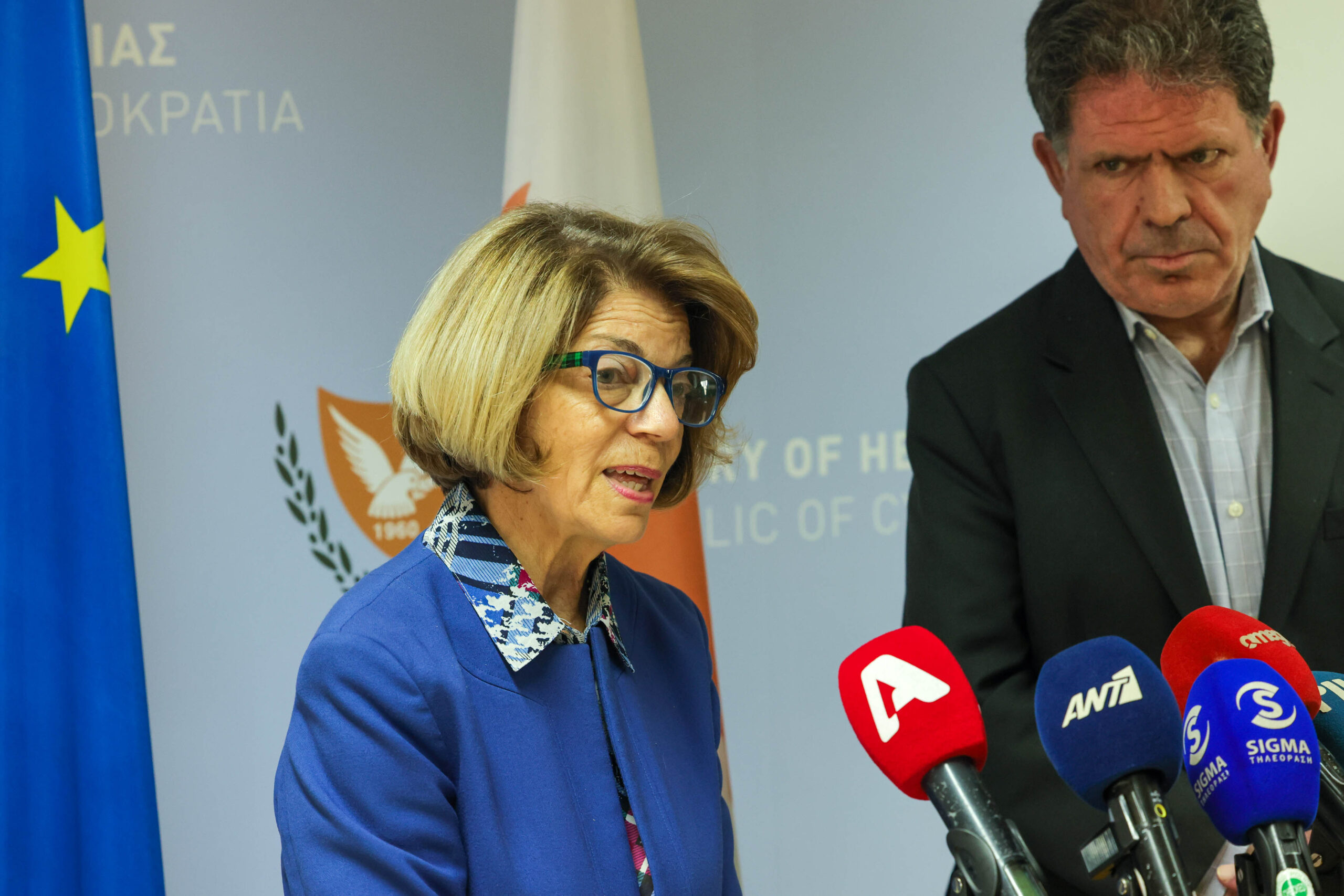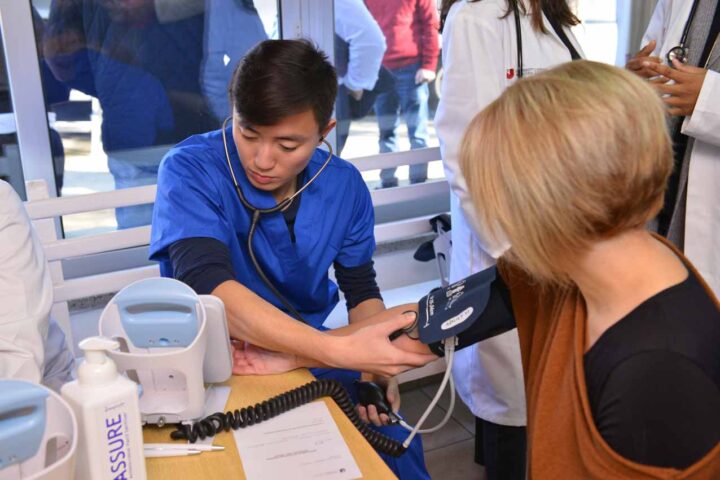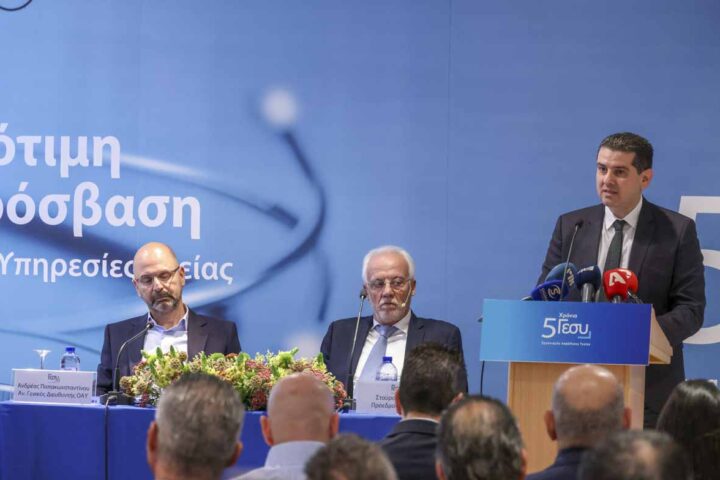New Health Minister Popi Kanari said closing loopholes in the country’s General Health System that allow for abuse is at the top of her to-do list.
In an interview with the Financial Mirror, the newly-appointed minister said fixing the GHS is a priority.
“A collapse of the GHS would lead to the collapse of the state itself”.
The landmark GHS is viewed as Cyprus’ most vital reform, but Kanari said the system was not without flaws, as loopholes allowed for abuse from providers and beneficiaries alike.
“In their attempt to implement a necessary reform, the government gave incentives to the medical world, primarily financial, with no time to place safeguards, through proper oversight and monitoring,” said Kanari.
She argued that the system’s structure had created some distortions, which must be scrutinised and addressed without altering its core philosophy.
“The whole philosophy and approach to the architecture of the GHS should aim at improving the quality of services provided and timely and proper access to them”.
The minister said that the ministry, tasked with a regulatory and supervisory role, will do everything possible so that, in cooperation with stakeholders, the best possible solutions are adopted.
Society was shocked by reports of abuse of the GHS, with a small minority of service providers making hundreds of thousands of euros within the first months.
Auditor-general Odysseas Michaelides has cited various documented cases of abuses by doctors.
A recent report prepared by his office found that a specialist doctor was compensated with €870,742 in 2020 for outpatient services, while 11 specialists had an income of over €500,000.
The earnings of one individual GP for children reached €421,283, while 67 specialist doctors had annual earnings of over €300,000.
Michaelides sent the findings to the police for possible criminal offences.
Shortages
“We have to be realistic.
“The problems with the GHS do not begin and end with abuse cases.
“Medical staff shortages have also caused their share of issues at hospitals and clinics,” said the minister.
After recent visits to state hospitals, the Health Minister said that emergency departments and pathology clinics were more like geriatric clinics.
Kanari explained that shortages in specialities, clinics, and rehabilitation centres force people to seek medical assistance from first aid departments and hospitals.
“During my recent visits to First Aid Departments and clinics at the Nicosia and Limassol General Hospitals, we found that approximately 80% of the available beds were occupied by cases referred to state hospitals by nursing homes”.
Kanari said that authorities would need to find ways to better deal with cases involving older people being referred by nursing homes to decongest first aid departments and free beds for more urgent cases.
“At the same time, however, the state must ensure the strengthening facilities to cater for the elderly that need to be hospitalised and recovery clinics.
“Our elderly citizens deserve the best possible care”.
First Aid departments
Commenting on First Aid departments, Kanari said they fall under the jurisdiction of the State Health Services (OKYPY), which must address the issue of enhancing state hospital capacity.
She said OKYPY must improve the organisation of First Aid Departments while also increasing bed capacity and medical and administrative staff.
“Furthermore, private hospitals contracted with the GHS will need to establish their own First Aid Departments if the GHS can cater to the ever-increasing needs”.
OKYPY has recently launched the country’s first-ever First Aid Department for Children at the Nicosia General Hospital.
“Its operation has revealed that needs are much greater than those foreseen.
“The three beds available at this stage are not enough, just as the number of specialised pediatric emergency physicians is insufficient”.
She added that OKYPY is working on finding solutions to the issue.
Public re-education
Kanari argued that any corrective measures that authorities take could only bear fruit with public support.
For that to happen, citizens must be educated on how the system works.
“One of the things that we may not have achieved to the intended extent is to educate the public on how to use the GHS correctly”.
She said the ministry would launch new campaigns to inform citizens about how the system works through their General Practitioners.
“It has been said thousands of times, and it is by no means a cliché that we are all part of the GHS puzzle.
“If we do not come to terms with this, we will not be able to improve the quality of the services provided and preserve the financial viability of the health system”.
The minister said the government would be stepping up controls to ensure the effectiveness of the GHS while continuing to train medical staff and upgrade protocols.
“We are under no illusion that we can magically fix all problems and distortions.
“The problems will be prioritised as well as the solutions that can be given in the short-term, medium-term, and long-term levels.
“Our goal is the implementation of best international practices and strategies to offer patients the best possible medical care”.










